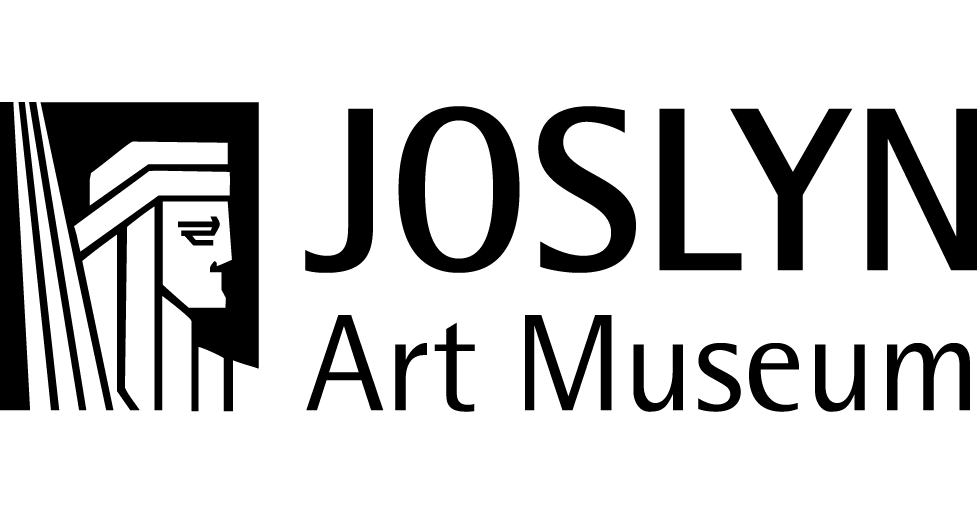February 22, 1834
22 February: In the morning, clear, very cold weather. At eight o’ clock, −12°F [−24.4°C]. Wind south but light, at the time very cold. The sun rose early, but after eight o’clock the sky clouded over, and despite the hidden sun, [there was] much glare [from] the frozen snow. Near Mih-Tutta-Hangkusch [there was] a large flock of snow buntings, [and] many Indians went after them. I saw [the Indians] suddenly run there; they caught several birds in their horsehair snares. At ten o’clock the sun appeared clearly [and] was glaring so much on the snow that we could hardly see. Dreidoppel therefore made Esqimaux snow-goggles from cottonwood to use while hunting. On the river the Indians had their horses in the snow, dragging heavy loads of wood to the summer village. Five Hidatsas knocked and were let into the room, although we did not know who they were. They were unpleasant guests, because they planted themselves in front of the fire with their thick robes and immediately [appropriated what] little heat there was; [they were] in this respect much less polite than the Mandans, whom Mr. Kipp has made more accustomed to [our ways]. They brought along dogs that howled pitifully in front of the door. [Even] with their pride and their contempt for white men, they still beg at any opportunity. Today they demanded tobacco, shirts, whiskey, Indian corn, and so on. About noon the sun had much strength [and] glared extraordinarily on the frozen snow; [it] thawed a little, too. At twelve o’ clock, 11°F [−11.7°C]; wind [out of the] northwest hora 11 [and] moderate. With protection against the wind, it was very pleasant at noon. Many Mandans were present during lunch, among them Old Bear, or as he is called now, l’Ours Fou or le Petit Sioux (Mató-Óchka),M13Mató-Óchka (‘Óch’ velar), Crazy Bear (l’Ours Fou), formerly Old Bear. and still more handsome men. The former had somewhat red and inflamed eyes. Kipp [treated] him [with] lead acetate. They left soon afterward, but others came. Because of the bright sun in the afternoon, the snow glared to such a degree that we could not stand it [for] long. In a few days the Hidatsas plan to go hunting in the mountains. An engagé from the fort wants to go with them to hunt for beaver.
In the afternoon thirty Indians could be counted walking back and forth on the ice at the same time. Dreidoppel went out but did not track any rabbits. This always seems to be the case when it snows late in the evening. Jonquá came; he may want [to go] hunting with the Hidatsas, [too].
Petit Pare-flêche Rouge visited us with two women but luckily did not stay long. He has a hand crippled [by] an Assiniboine gunshot. Most of these Indians have wounds; some of them [have] many and serious [ones]. On his chest he has four thick, parallel, horizontal ridges [scars]—like the horizontal braids of a hussar’s dolman [jacket]—[these resulted from] cuts [made] during the penitence festival, through which straps were pulled.
The [deaf-] mute Mandan returned from the hunt with six horses packed with buffalo meat. They had been away four to six days. Charbonneau came back from the small Mandan village. At dusk, fog rose again. The moon appeared full through [the fog] in the sky; [we] could see only a glimmer [of it]. The evening [was] cloudy, cold, and calm. Mató-Tópe returned from hunting; he had suffered great hunger and brought back little meat. He told us [information] about the Arikaras, which I wrote down.


